
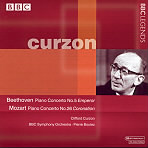
Although these live concerto performances don’t add new repertoire to Clifford Curzon’s slender discography, they reveal an unfettered, spontaneous side to this sensitive artist that
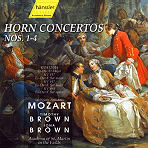
The two Browns, Timothy and Iona, generally do this music proud. Of course, there have been numerous successful recordings of Mozart’s four horn concertos–in fact,
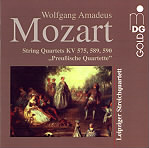
Mozart’s last three quartets are very difficult to perform well. Because they were composed for the cello-playing king of Prussia, they are seriously bottom-heavy. But
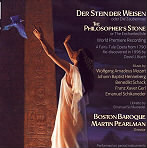
The re-discovery, two years ago, by the American musicologist David J. Buch of a lost opera partly composed by Mozart came as a sensation. Actually,
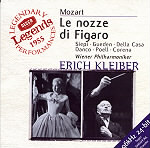
This justly famous 1955 recording has not lost its power to impress. Erich Kleiber’s leadership is golden–witty and warm, with plenty of breathing space for
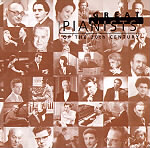
At long last we have the best known of Walter Gieseking’s pre-war 78s in excellent remasterings, far surpassing previous reissues from VAI and Pearl. In
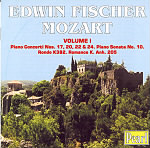
Mozart’s piano concertos were hardly as ubiquitous on disc as they are today when Edwin Fischer made his pioneering recordings for HMV in the 1930s.
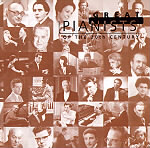
Disc one begins with crown jewels from Wilhelm Kempff’s early-1950s Beethoven sonata cycle, played with gentle flair, stylish bite, and caressing micro-nuances. The pianist’s more
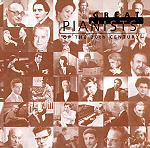
It’s good to have Kempff’s early fifties Liszt recordings for Decca available again. The sound is murky, yet the pianist’s subtleties of touch and color
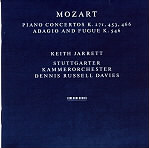
Keith Jarrett’s Mozart will be familiar to anyone who purchased his first foray into this music on ECM, containing Piano Concertos Nos. 21, 23 and
![]()
